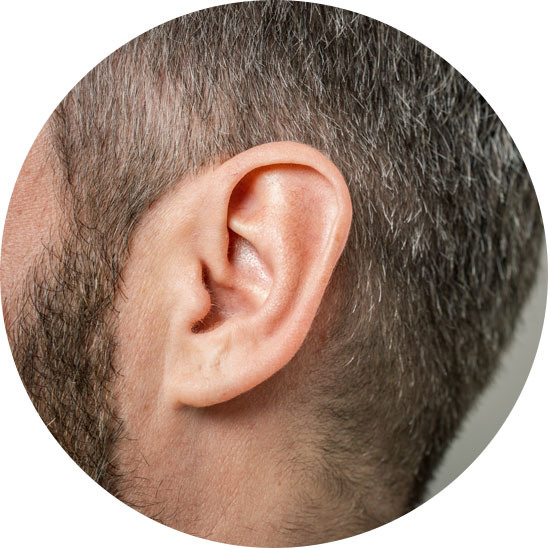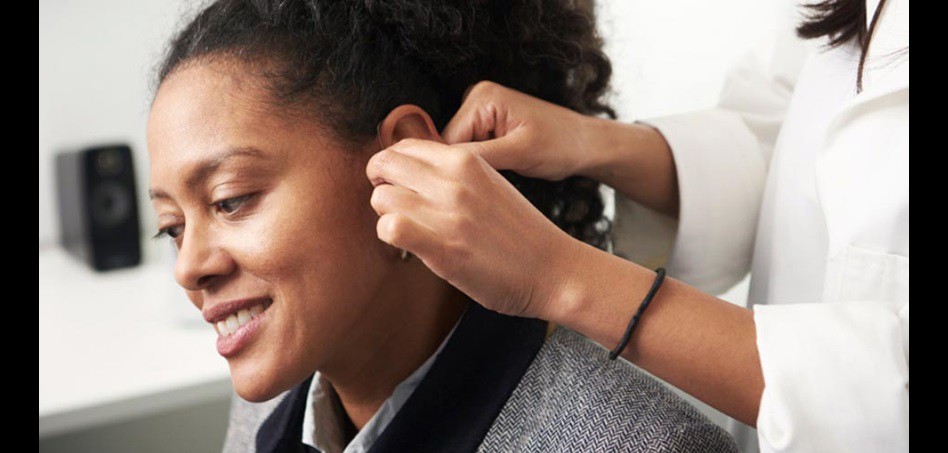Outer infections and wax
Trying to remove ear wax on your own can cause an outer ear infection. Accidentally pushing ear wax back into the ear will cause ear and hearing problems.
Wax is basically a self-cleaning service for our ears. It protects the ear canal from bacteria and debris that can cause infections. It might not look nice, but it does serve a purpose.
But if you’re having problems with too much wax building up, it’s better to seek professional advice.
Complications
Your outer ear infection can spread, if left untreated. It can spread across the skin and even form an abscess.
One uncommon risk is that the infection can become more severe, known as malignant otitis. This happens when the infection spreads to the bones located around the ear in the skull area. While this can be life-threatening if untreated, it is rare. Those with diabetes and immune system disorders are more prone to outer ear infections becoming malignant otitis.
Untreated ear infections can result in hearing loss in one ear, since the ear canal can become narrower or even completely blocked.





